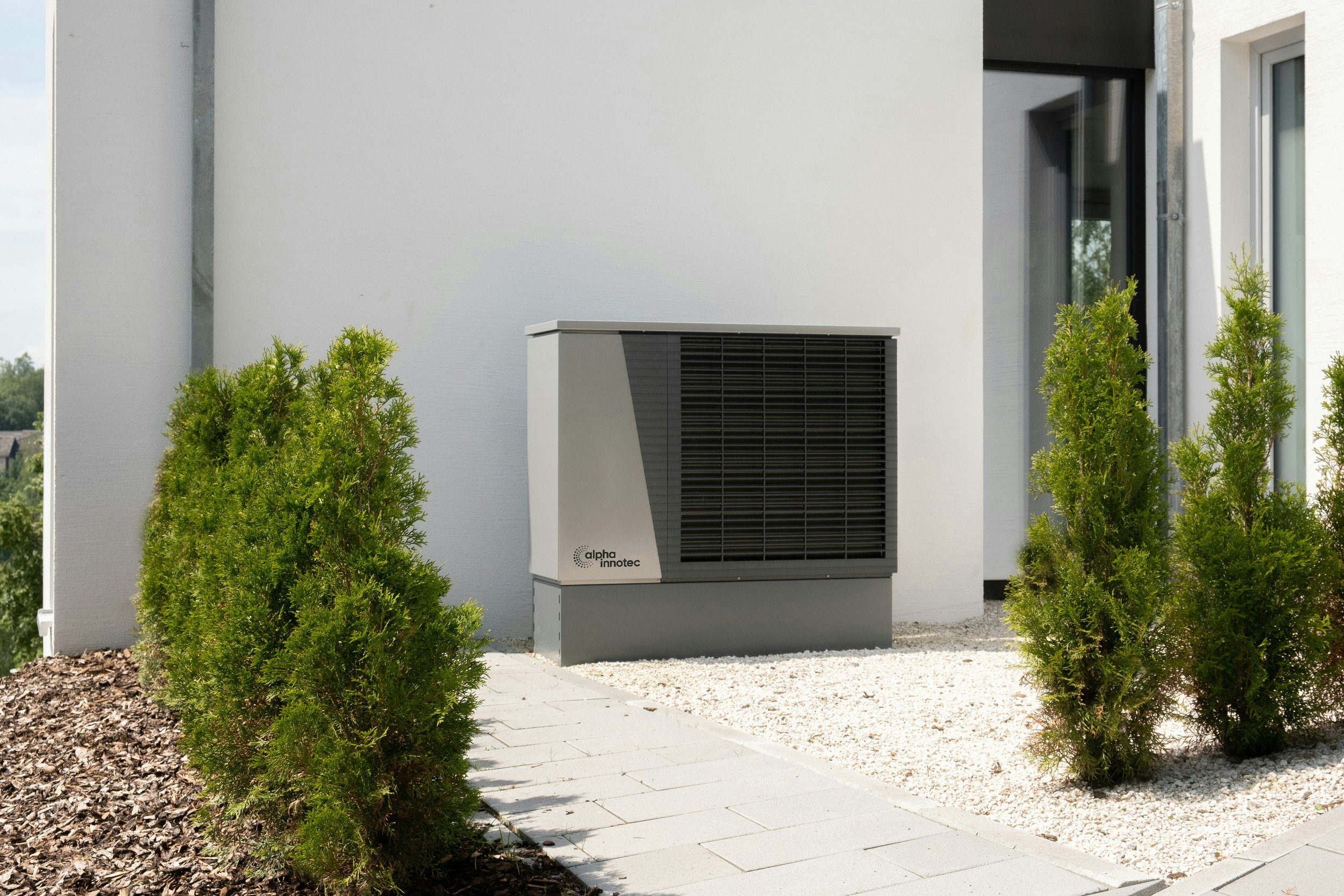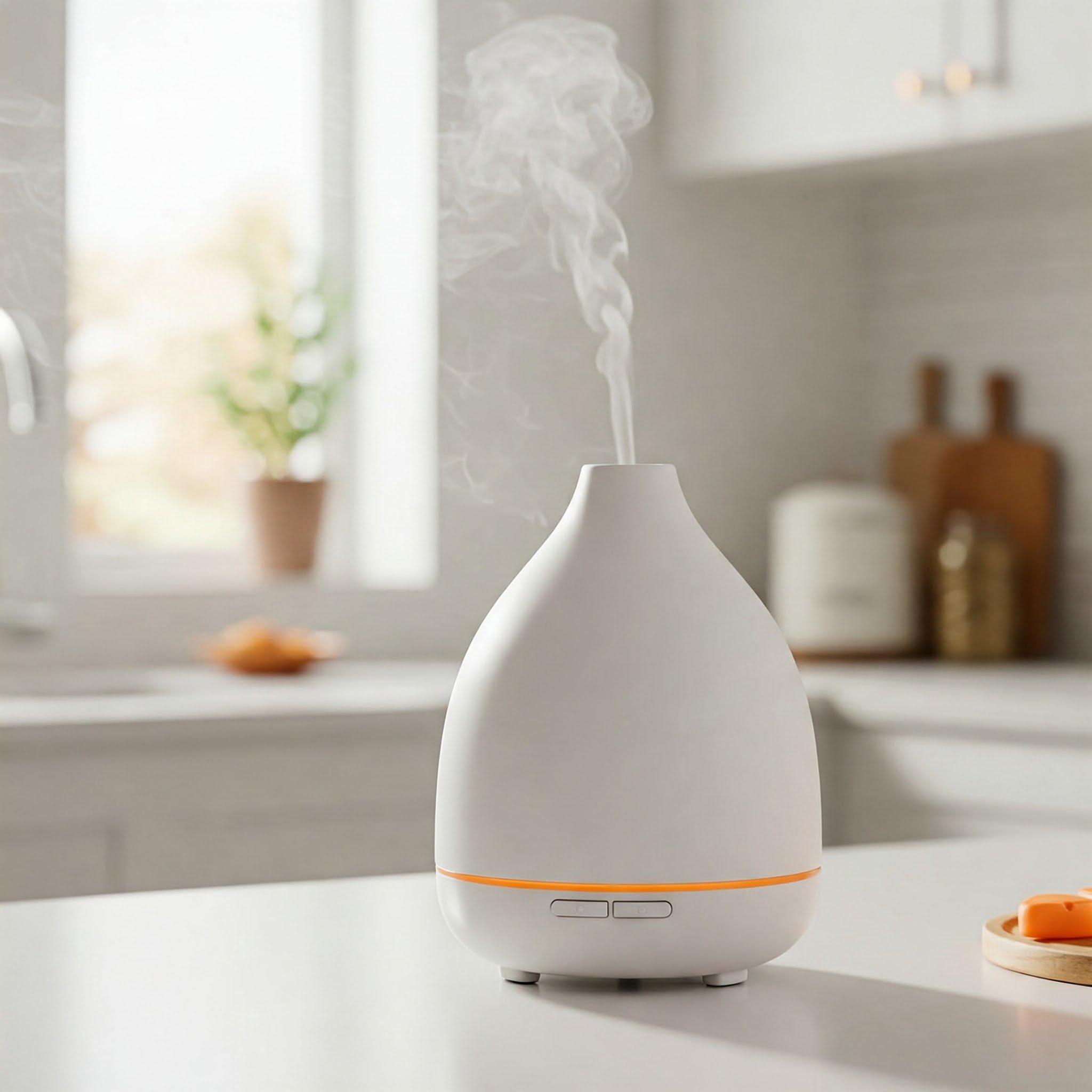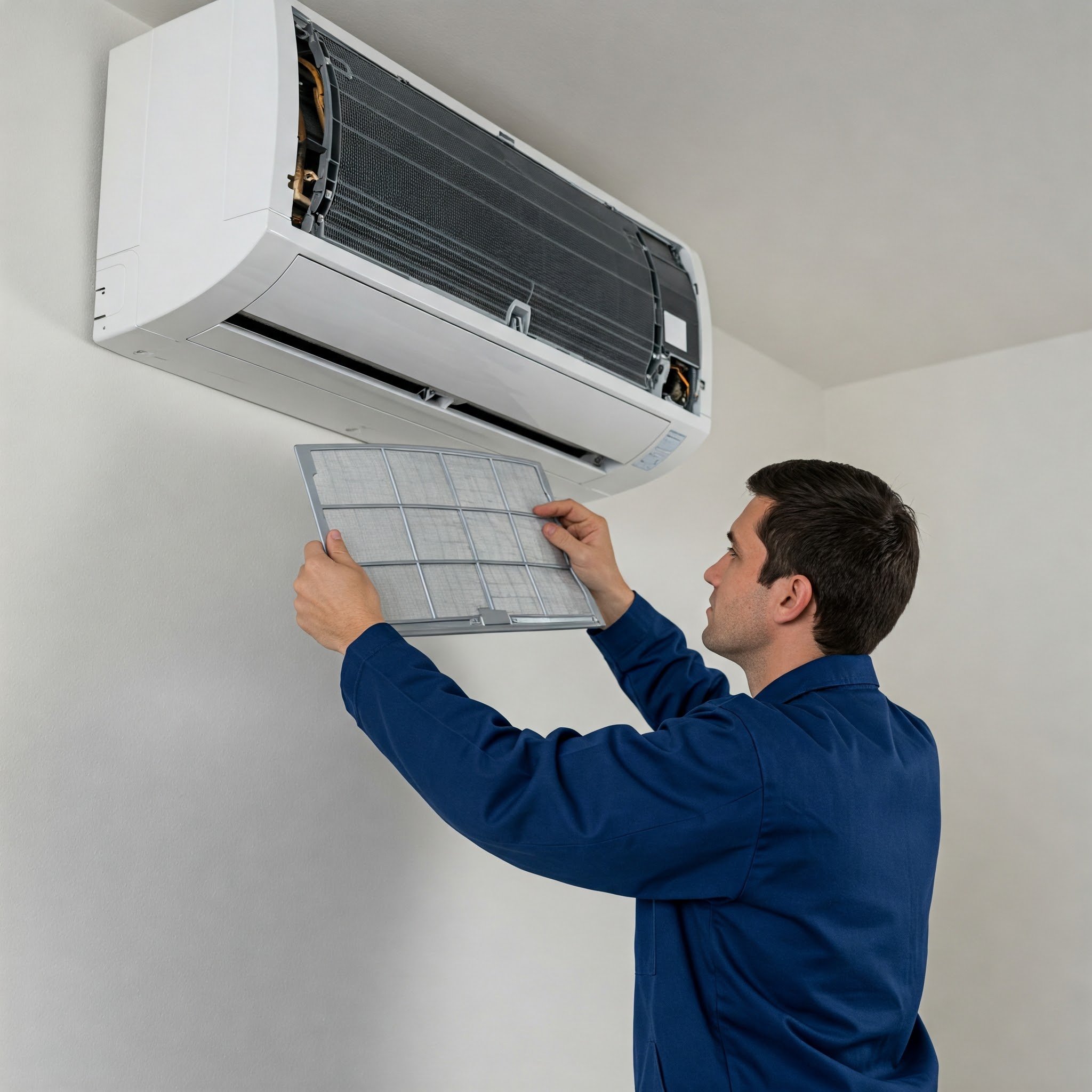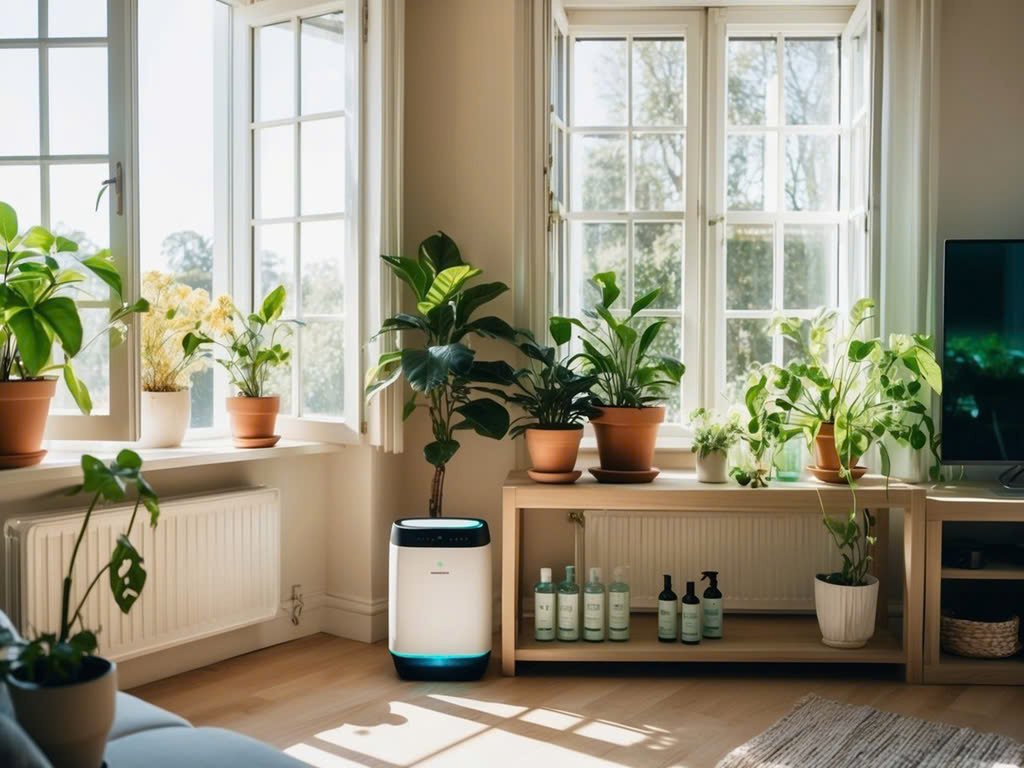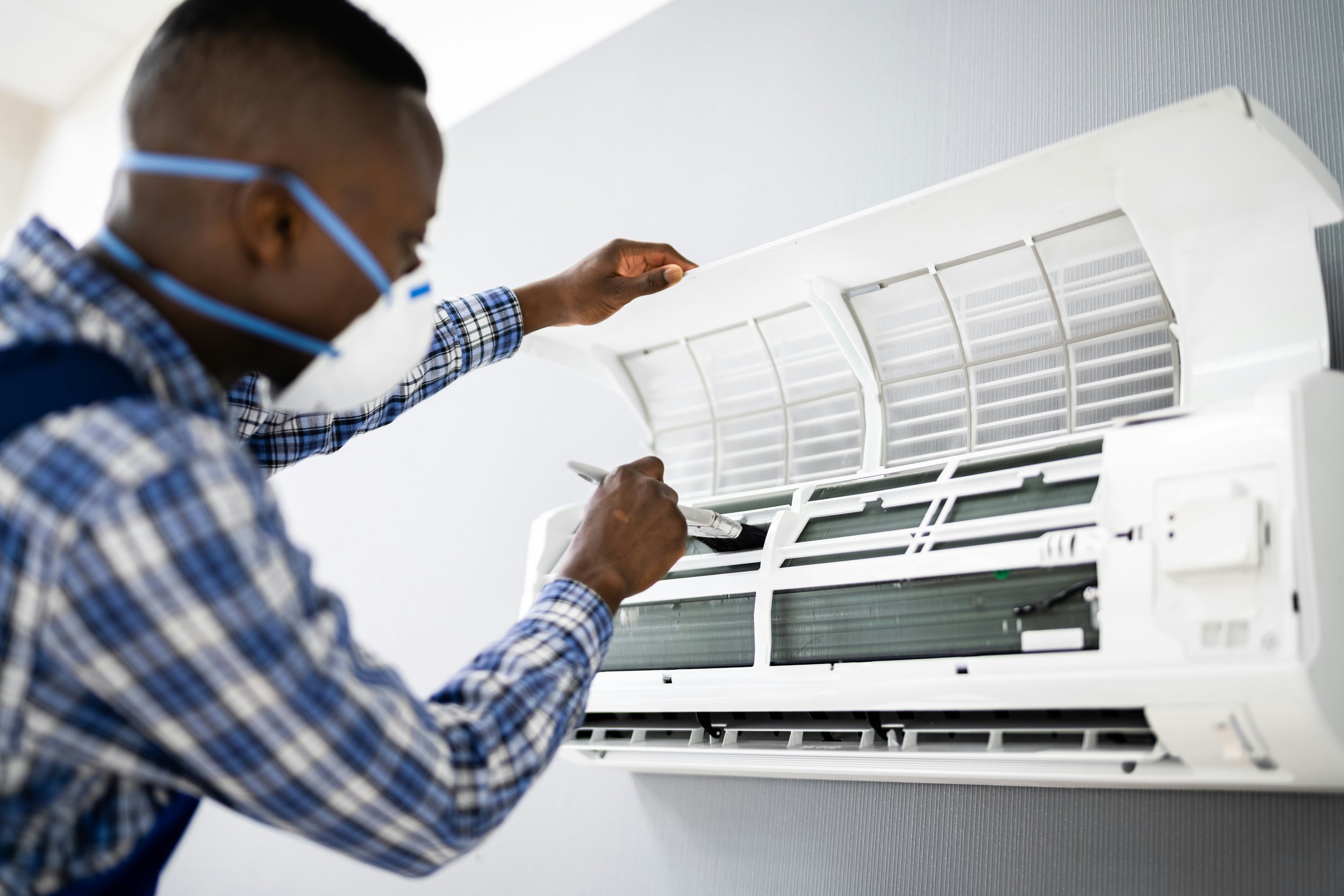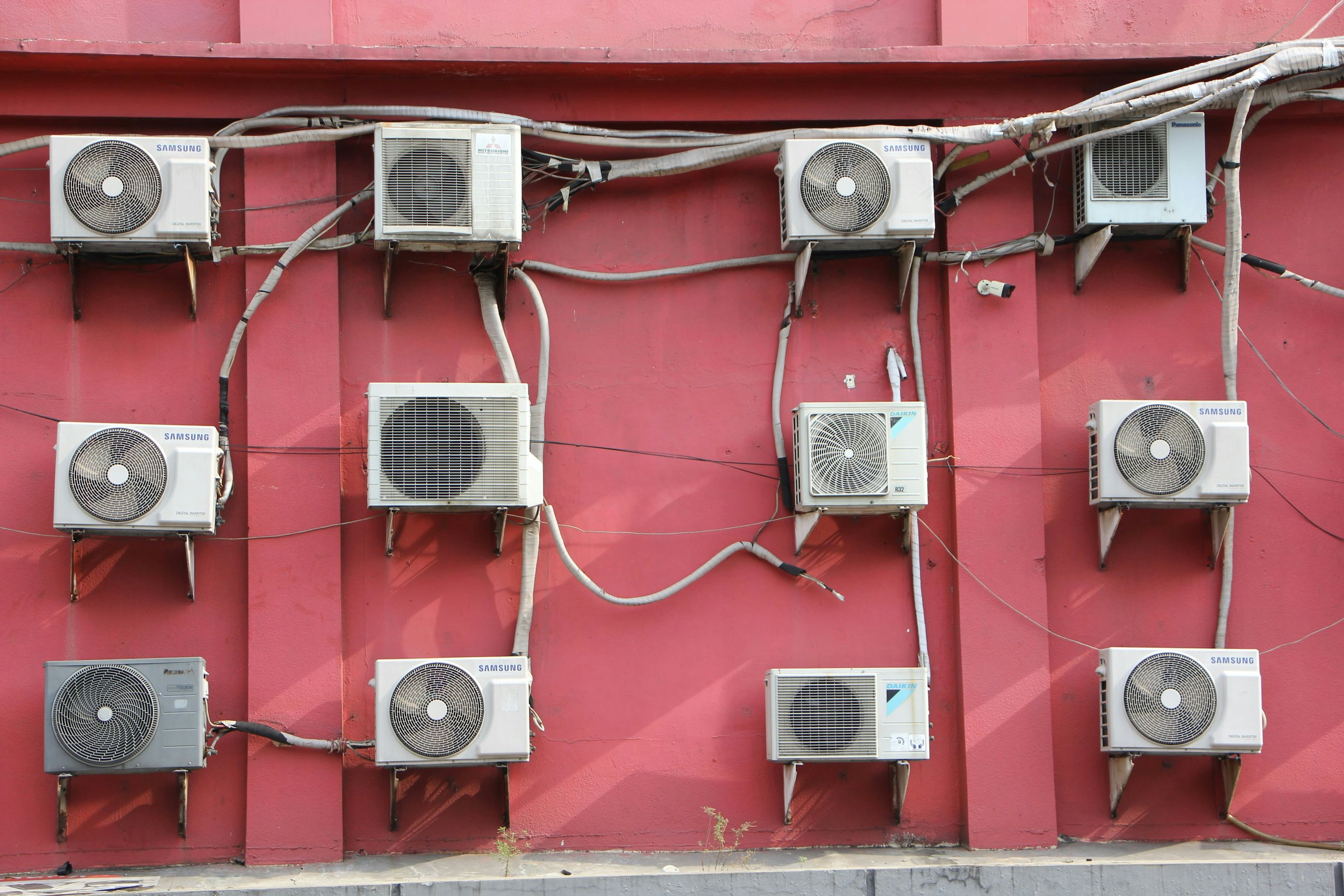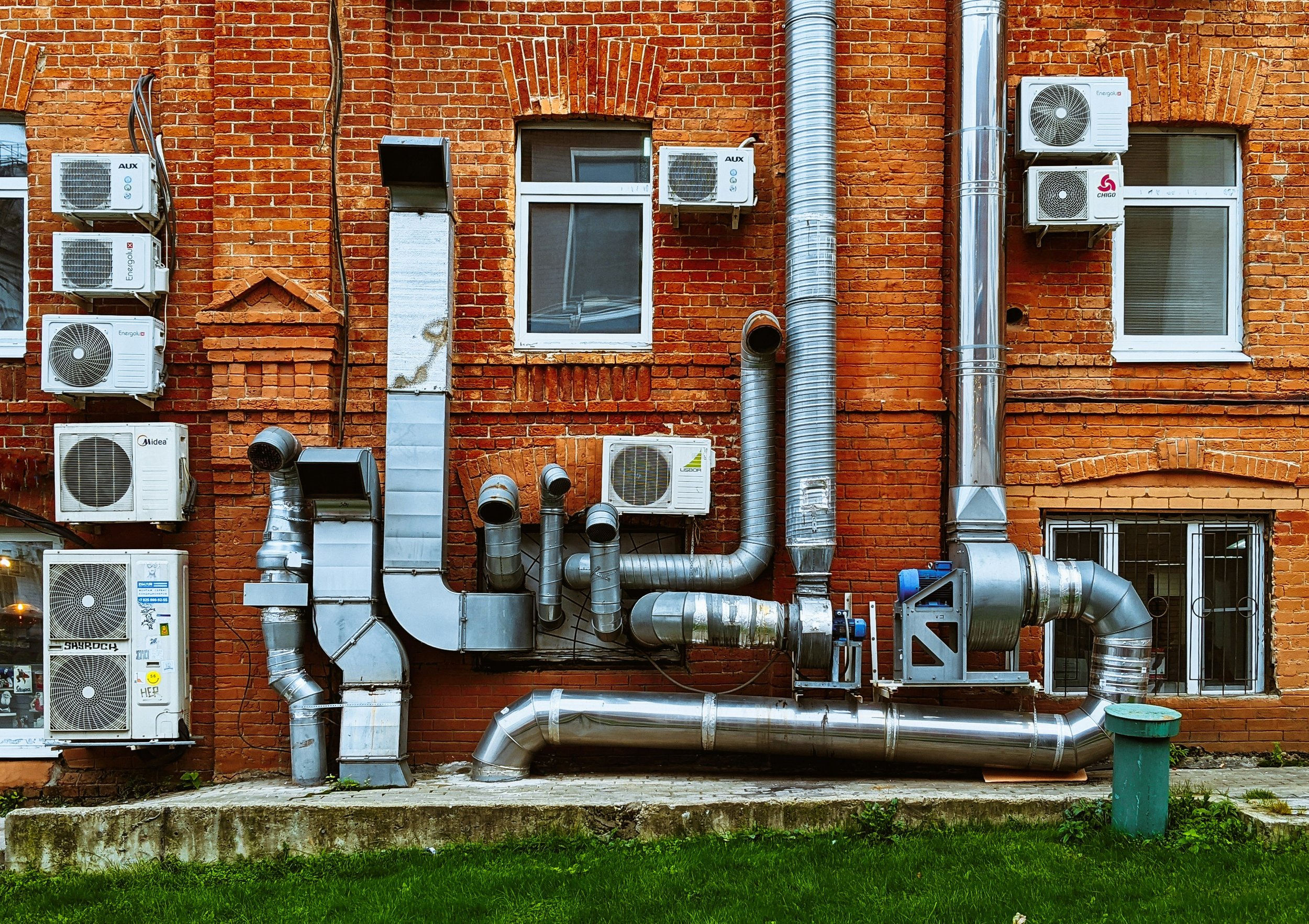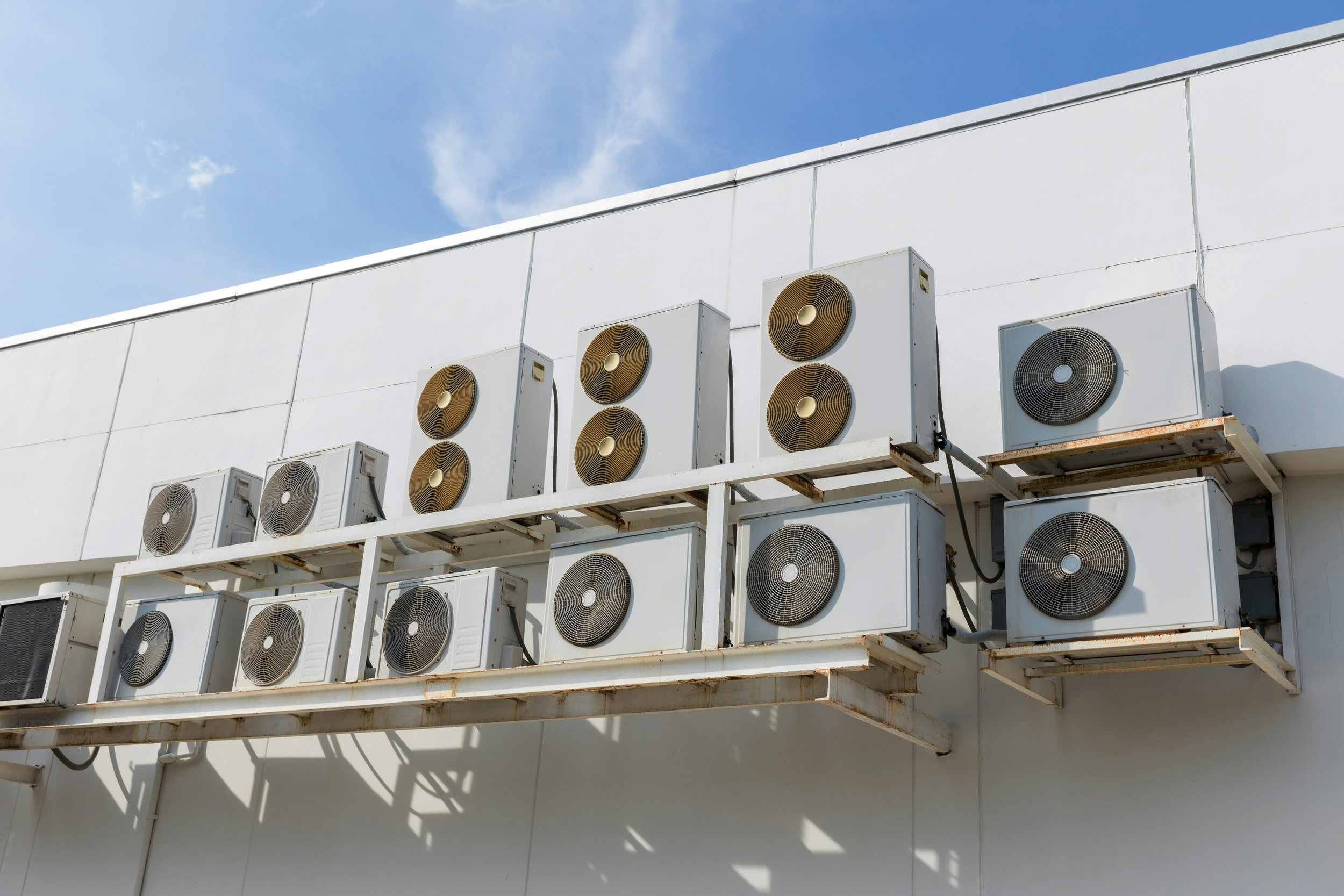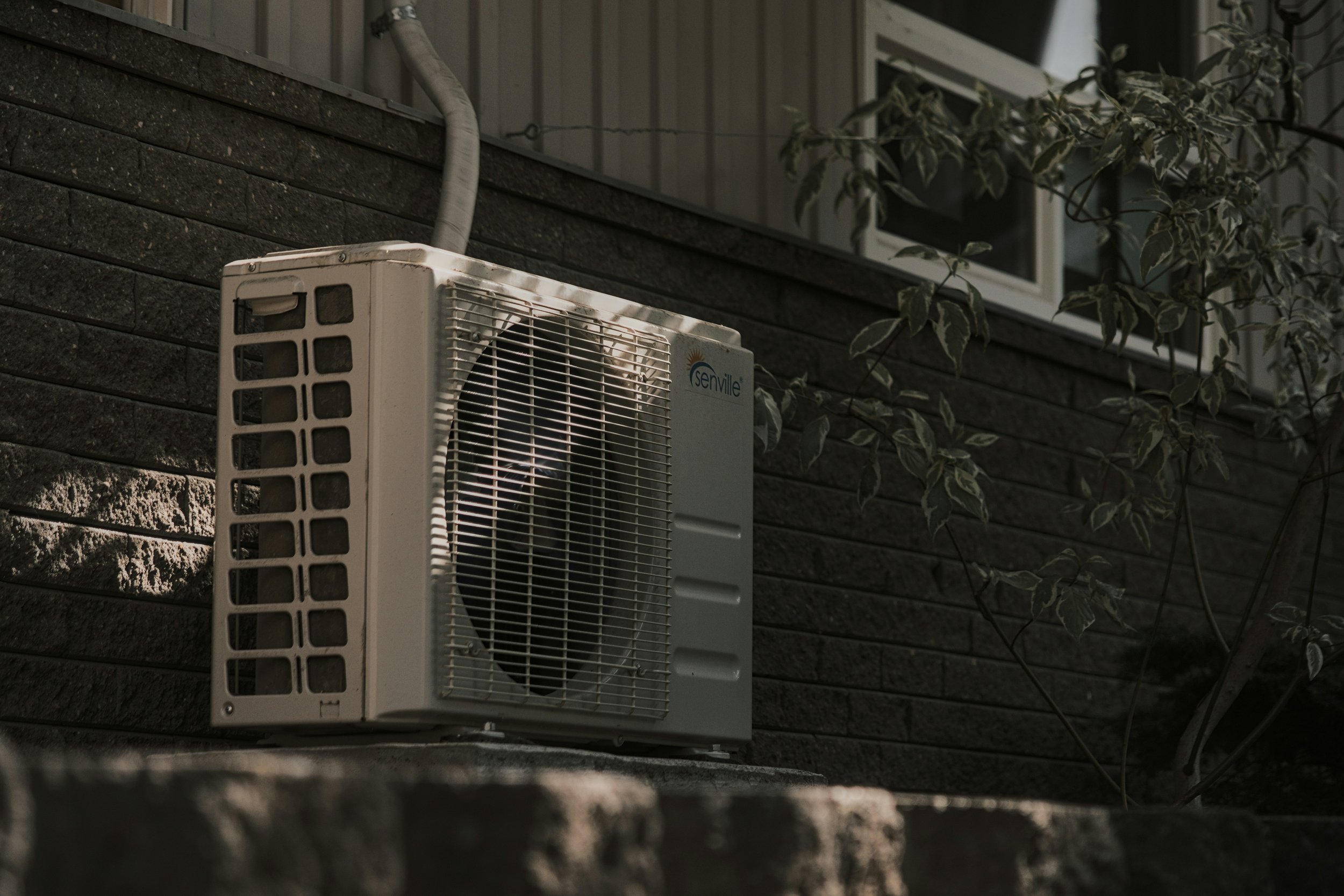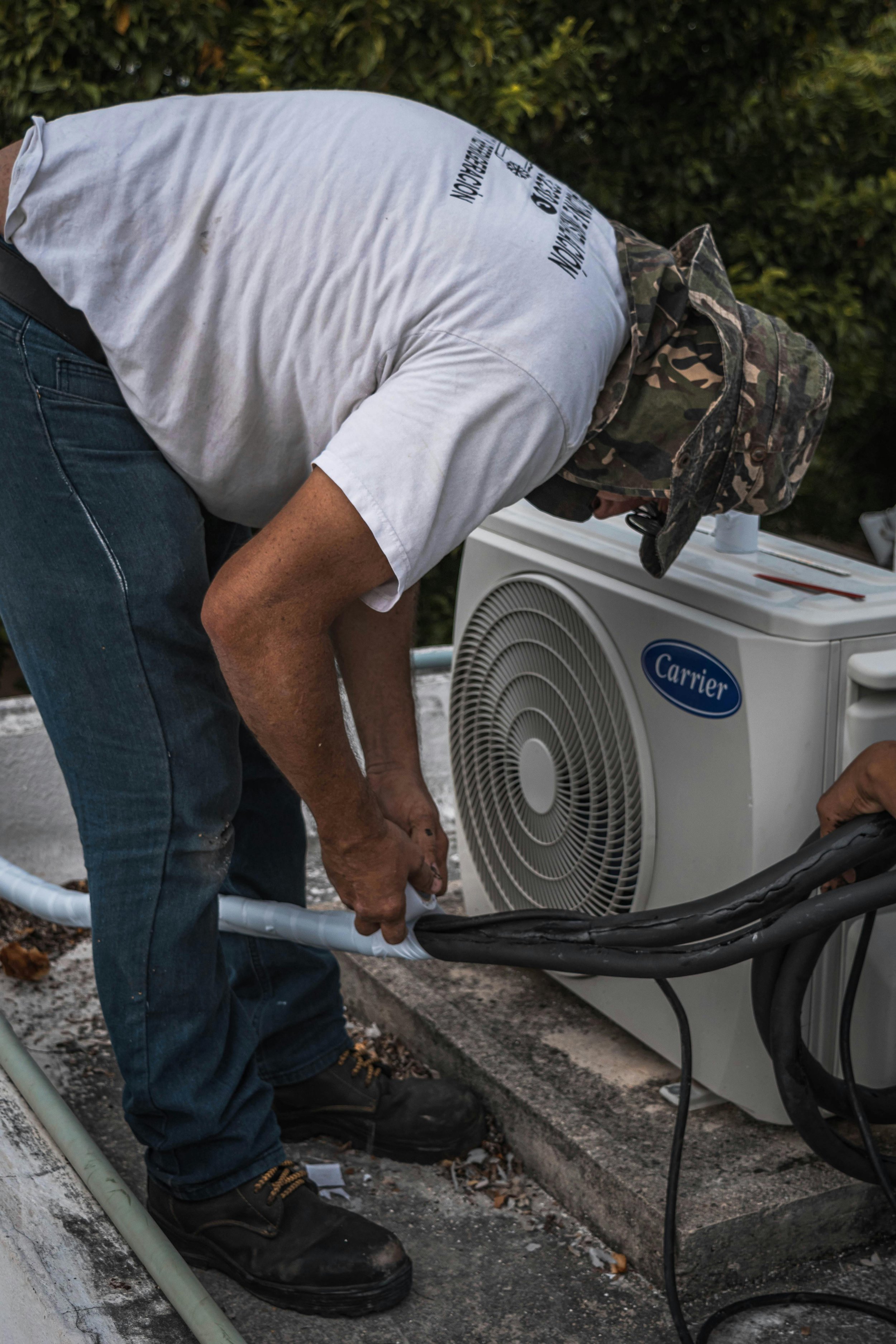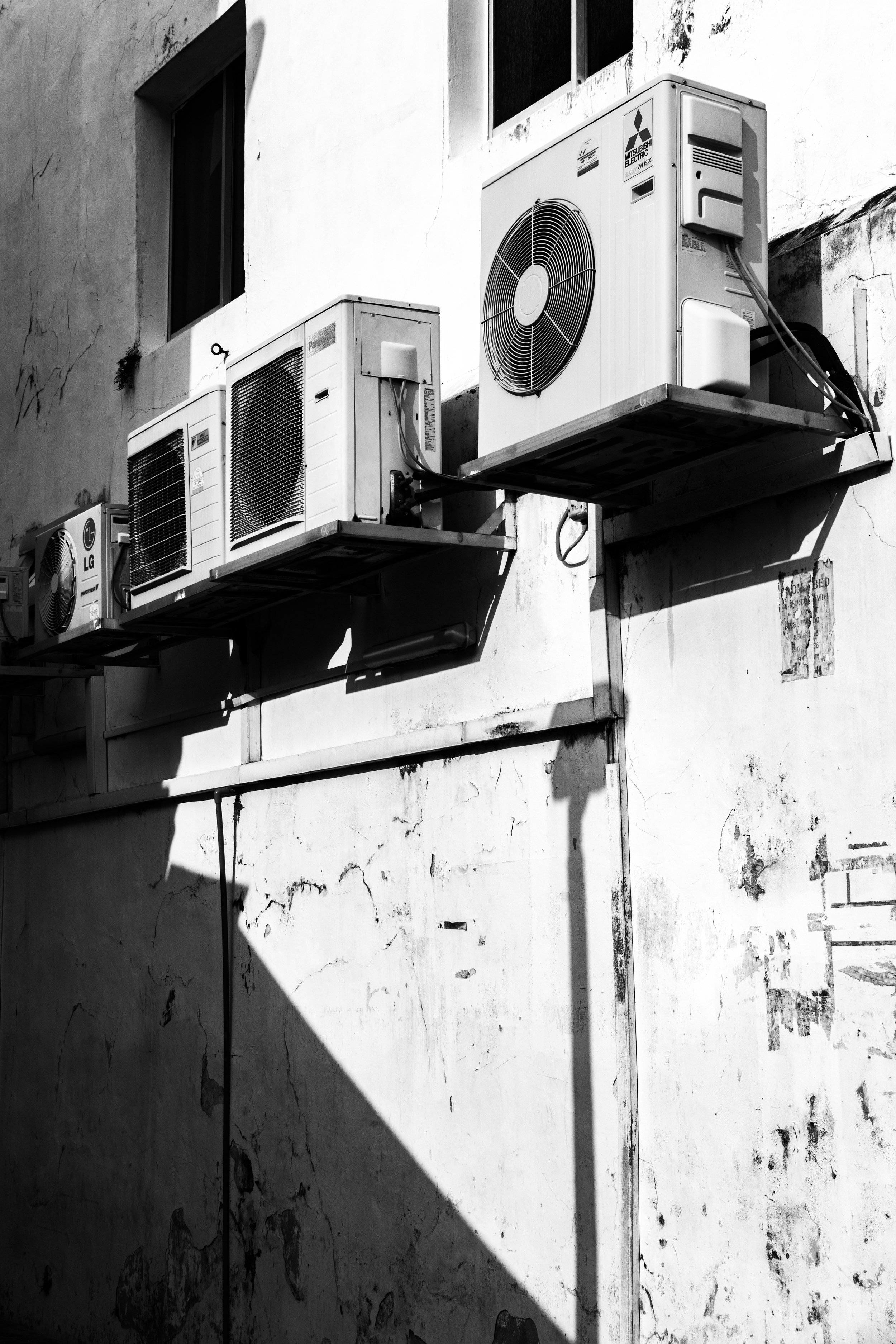The Guide to Heat Pump Maintenance
Learn essential tips for maintaining your heat pump to ensure efficient operation, extend its lifespan, and avoid costly repairs.
Heat pumps are a versatile and energy-efficient solution for both heating and cooling your home. However, like any HVAC system, they require regular maintenance to operate efficiently and reliably. Proper heat pump maintenance ensures optimal performance, extends the system’s lifespan, and can help you avoid costly repairs. In this guide, we’ll cover the key aspects of maintaining your heat pump, including DIY tasks, the importance of professional service, and tips for maximizing efficiency.
Why Heat Pump Maintenance Is Important
Regular maintenance of your heat pump is essential for several reasons:
Energy Efficiency
Heat pumps are designed to be highly efficient, but dirt, debris, and wear can reduce their efficiency over time. Regular maintenance helps keep your system clean and running at peak efficiency, which translates to lower energy bills.
System Longevity
A well-maintained heat pump can last 15 years or more. Neglecting maintenance can lead to premature wear and tear, reducing the lifespan of your system and leading to earlier replacement.
Consistent Comfort
Heat pumps provide both heating and cooling, making them critical for year-round comfort. Regular maintenance ensures your system can effectively and consistently maintain your desired indoor temperature.
Preventing Major Breakdowns
Regular inspections and maintenance help identify and address minor issues before they become major, expensive repairs. This proactive approach keeps your system running smoothly and reduces the likelihood of unexpected breakdowns.
DIY Heat Pump Maintenance Tasks
There are several maintenance tasks homeowners can perform to keep their heat pump in good working order:
Regularly Clean or Replace Air Filters
Air filters play a crucial role in maintaining airflow and protecting your heat pump from dirt and debris. Check your air filters monthly and clean or replace them as needed, typically every 1-3 months.
Keep Outdoor Unit Clean
The outdoor unit of your heat pump is exposed to the elements, making it prone to collecting dirt, leaves, and other debris. Regularly inspect the outdoor unit and remove any debris that could obstruct airflow. Use a garden hose to gently wash away dirt from the coils.
Check the Thermostat Settings
Ensure your thermostat is set to the correct mode (heating or cooling) for the season and that the temperature settings are appropriate. Consider upgrading to a programmable or smart thermostat for better control and energy savings.
Inspect the Air Ducts
Leaky or blocked ducts can significantly reduce your heat pump’s efficiency. Periodically check your ducts for any visible damage or obstructions and seal any leaks with duct tape or mastic sealant.
Ensure Proper Clearance Around the Outdoor Unit
Maintain at least two feet of clearance around the outdoor unit to ensure adequate airflow. Trim back any shrubs, trees, or other vegetation that could impede airflow.
The Role of Professional Heat Pump Maintenance
While DIY tasks are important, professional heat pump maintenance is essential for keeping your heat pump in top condition. Here’s what to expect during a professional heat pump tune-up:
Comprehensive Inspection
A professional technician will perform a detailed inspection of your heat pump, checking components such as the refrigerant levels, electrical connections, and the condition of the compressor and motor.
System Cleaning
The technician will clean the indoor and outdoor coils, blower components, and other parts of the system to remove any buildup that could impede performance.
Lubrication of Moving Parts
Moving parts within the heat pump, such as the fan motor, need to be properly lubricated to reduce friction and wear. This helps the system operate smoothly and quietly.
Refrigerant Check
The technician will check the refrigerant level and adjust it if necessary. An incorrect refrigerant charge can lead to inefficiency, higher energy bills, and potential damage to the system.
Testing and Calibration
After completing the inspection and cleaning, the technician will test the system to ensure it is operating efficiently. This includes checking the airflow, thermostat calibration, and overall system performance.
Tips for Maximizing Heat Pump Efficiency
In addition to regular maintenance, there are several steps you can take to ensure your heat pump operates as efficiently as possible:
Optimize Thermostat Settings
Set your thermostat to a consistent, energy-saving temperature. During the heating season, aim for around 68°F (20°C) when you’re home and lower when you’re away. During the cooling season, set it to around 78°F (26°C).
Utilize Zoning Systems
If your home has a zoning system, use it to heat or cool only the areas you’re using. This reduces the load on your heat pump and saves energy.
Seal and Insulate Your Home
Proper insulation and sealing of windows, doors, and other openings can prevent heat loss in winter and keep cool air inside during summer, reducing the workload on your heat pump.
Schedule Regular Maintenance
Regular professional maintenance, combined with your own efforts, is the best way to ensure your heat pump operates efficiently year-round. Aim to schedule a professional tune-up twice a year, in the spring and fall.
When to Call for Professional Service
Even with regular maintenance, issues can arise with your heat pump. Be on the lookout for the following signs that indicate it’s time to call a professional:
The system is making unusual noises, such as grinding, squealing, or banging.
You notice a sudden spike in your energy bills without a change in usage.
The heat pump is struggling to maintain your desired temperature or is blowing cold air in heating mode.
You see ice buildup on the outdoor unit during the winter.
There are noticeable leaks or moisture around the indoor or outdoor units.
Addressing these issues promptly can prevent more serious problems and keep your heat pump running efficiently.
Conclusion
Maintaining your heat pump is essential for ensuring efficient, reliable performance year-round. By performing regular DIY tasks and scheduling professional maintenance, you can extend the lifespan of your system, improve energy efficiency, and enjoy consistent comfort in your home. Don’t wait until a problem arises—start your heat pump maintenance routine today to protect your investment and keep your home comfortable in any season.
